2019 MAR
Wild Swans: Three Daughters of China by Jung Chang
Over the past month, I took the time to read Jung Chang’s book Wild Swans. This book was first published in 1991 and went viral at the time. It was the first time the west could read an intimate account of life in China from the 1870s to 1970s and it was only two years since the Tiananmen Square Massacre.
A quick synopsis of Wild Swans: Chang’s grandmother’s feet were bound as a child and her father gave her away to a warlord general to be his concubine. She was able to flee with her first daughter and remarry, soon giving birth to Chang’s mother, who later became an active member of the Communist movement. Her mother and father became high ranking officials after the Communist’s victory in 1949. Chang and her siblings had a privileged childhood due to her parents’ careers, but still faced a lot of difficulty and turmoil during their upbringing, especially when her parents were later denounced and tortured. As a teenager, Chang became a member of the Red Guards during the Cultural Revolution and after the death of Mao she was able to attend university to study English.
Through the stories of her grandmother, mother, and her own life, Chang paints a picture of difficulty, violence, corruption, unrest, and tragedy. This was a depressing book to read but a very important one. I’ve been making the effort to read more on the history of China, Chinese literature, Chinese diaspora, etc the last few years and Wild Swans is the most thorough so far. It gave me a lot of historical context and has helped ground the other books I’ve read (1).
Wild Swans is an honest account of the life and society in China. The communists brought more widespread literacy, stability and justice to Chinese people after defeating the Kuomintang. But over time Mao and his policies only brought fear and chaos. He bred suspicon and distrust among neighbours and friends. He called for the destruction and loss of China’s history and culture. He was responsible for a countless number of unnecessary deaths and suffering to China. He controlled the hearts and minds of China, creating a population that feared to have independent thought. Chang recounts her complete loyalty and indoctrination to Mao and his regime, and her slow realization of Mao’s hypocrisy and the paralyzing fear she felt when she had contradicting thoughts which questioned Mao’s policies.
It is fascinating and sad that in the effort to create a more fair society, it arguably created even more inequality and largely took advantage of the peasant population of China. Yet as Chang points out, Mao’s public image has remained quite positive in China, despite being responsible for millions of deaths, and has not been denounced the same way other dictators have (2). Chang is one of the lucky ones to have survived and become one of the first students to be able to leave China and study English abroad in Britain. While a lot of the events that occur in the book are difficult to read about, Chang can bring a sense of hope and highlight the strength, courage and resilience in her and her family.
After reading the book, I discussed it with my parents and learned that my grandmother was a supporter of the communist movement. This was due to my grandfather being addicted to opium and it had caused a lot of financial trouble for their family at the time. At one point he sold their furniture to feed his addiction and my father’s family had to sit on the floor for family meals. Once the communists came into power, they rehabilitated my grandfather which saved the family from going into complete poverty.
Another point of discussion we had was my parents’ opinion of Mao. A point of frustration I’ve had with my parents is how they are generally pro-China. When the protests in Hong Kong began in 2019, they disagreed with how Hong Kong citizens were behaving. They view China’s exertion of control over its population as a necessity because the country is so large. In exchange for less privacy, censorship and suppression of freedoms, China has become much more successful and safer. But when discussing Mao I was surprised that they agreed that Mao brought more negatives than positives to China. However, they were both born in the 1960s, and feel that they were too young to fully recognize the effects of Mao’s policies or the shift in society after Mao’s death.
Throughout my life I’ve always wondered what my life would have been like if my parents remained in China and raised me there. There a lot of questions that come to mind. Would I live in one of their small villages? Or in the city? What type of life or career would I have had? How would I view the west? Of course I’ll never really know, but reading Wild Swans has satisfied my curiosity and led to a greater appreciation of the life and freedoms I take for granted here in Canada.
A quick synopsis of Wild Swans: Chang’s grandmother’s feet were bound as a child and her father gave her away to a warlord general to be his concubine. She was able to flee with her first daughter and remarry, soon giving birth to Chang’s mother, who later became an active member of the Communist movement. Her mother and father became high ranking officials after the Communist’s victory in 1949. Chang and her siblings had a privileged childhood due to her parents’ careers, but still faced a lot of difficulty and turmoil during their upbringing, especially when her parents were later denounced and tortured. As a teenager, Chang became a member of the Red Guards during the Cultural Revolution and after the death of Mao she was able to attend university to study English.
Through the stories of her grandmother, mother, and her own life, Chang paints a picture of difficulty, violence, corruption, unrest, and tragedy. This was a depressing book to read but a very important one. I’ve been making the effort to read more on the history of China, Chinese literature, Chinese diaspora, etc the last few years and Wild Swans is the most thorough so far. It gave me a lot of historical context and has helped ground the other books I’ve read (1).
Wild Swans is an honest account of the life and society in China. The communists brought more widespread literacy, stability and justice to Chinese people after defeating the Kuomintang. But over time Mao and his policies only brought fear and chaos. He bred suspicon and distrust among neighbours and friends. He called for the destruction and loss of China’s history and culture. He was responsible for a countless number of unnecessary deaths and suffering to China. He controlled the hearts and minds of China, creating a population that feared to have independent thought. Chang recounts her complete loyalty and indoctrination to Mao and his regime, and her slow realization of Mao’s hypocrisy and the paralyzing fear she felt when she had contradicting thoughts which questioned Mao’s policies.
It is fascinating and sad that in the effort to create a more fair society, it arguably created even more inequality and largely took advantage of the peasant population of China. Yet as Chang points out, Mao’s public image has remained quite positive in China, despite being responsible for millions of deaths, and has not been denounced the same way other dictators have (2). Chang is one of the lucky ones to have survived and become one of the first students to be able to leave China and study English abroad in Britain. While a lot of the events that occur in the book are difficult to read about, Chang can bring a sense of hope and highlight the strength, courage and resilience in her and her family.
After reading the book, I discussed it with my parents and learned that my grandmother was a supporter of the communist movement. This was due to my grandfather being addicted to opium and it had caused a lot of financial trouble for their family at the time. At one point he sold their furniture to feed his addiction and my father’s family had to sit on the floor for family meals. Once the communists came into power, they rehabilitated my grandfather which saved the family from going into complete poverty.
Another point of discussion we had was my parents’ opinion of Mao. A point of frustration I’ve had with my parents is how they are generally pro-China. When the protests in Hong Kong began in 2019, they disagreed with how Hong Kong citizens were behaving. They view China’s exertion of control over its population as a necessity because the country is so large. In exchange for less privacy, censorship and suppression of freedoms, China has become much more successful and safer. But when discussing Mao I was surprised that they agreed that Mao brought more negatives than positives to China. However, they were both born in the 1960s, and feel that they were too young to fully recognize the effects of Mao’s policies or the shift in society after Mao’s death.
Throughout my life I’ve always wondered what my life would have been like if my parents remained in China and raised me there. There a lot of questions that come to mind. Would I live in one of their small villages? Or in the city? What type of life or career would I have had? How would I view the west? Of course I’ll never really know, but reading Wild Swans has satisfied my curiosity and led to a greater appreciation of the life and freedoms I take for granted here in Canada.

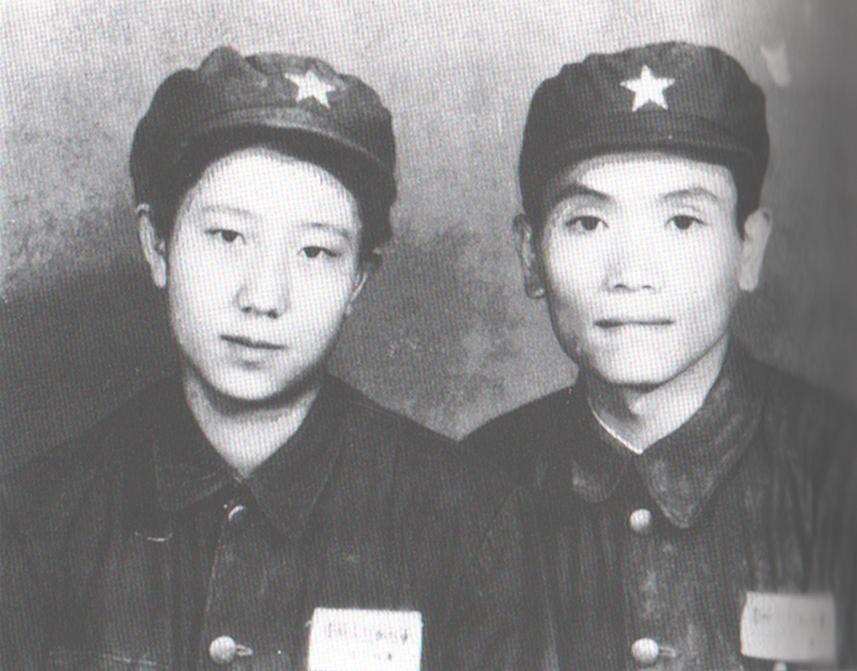
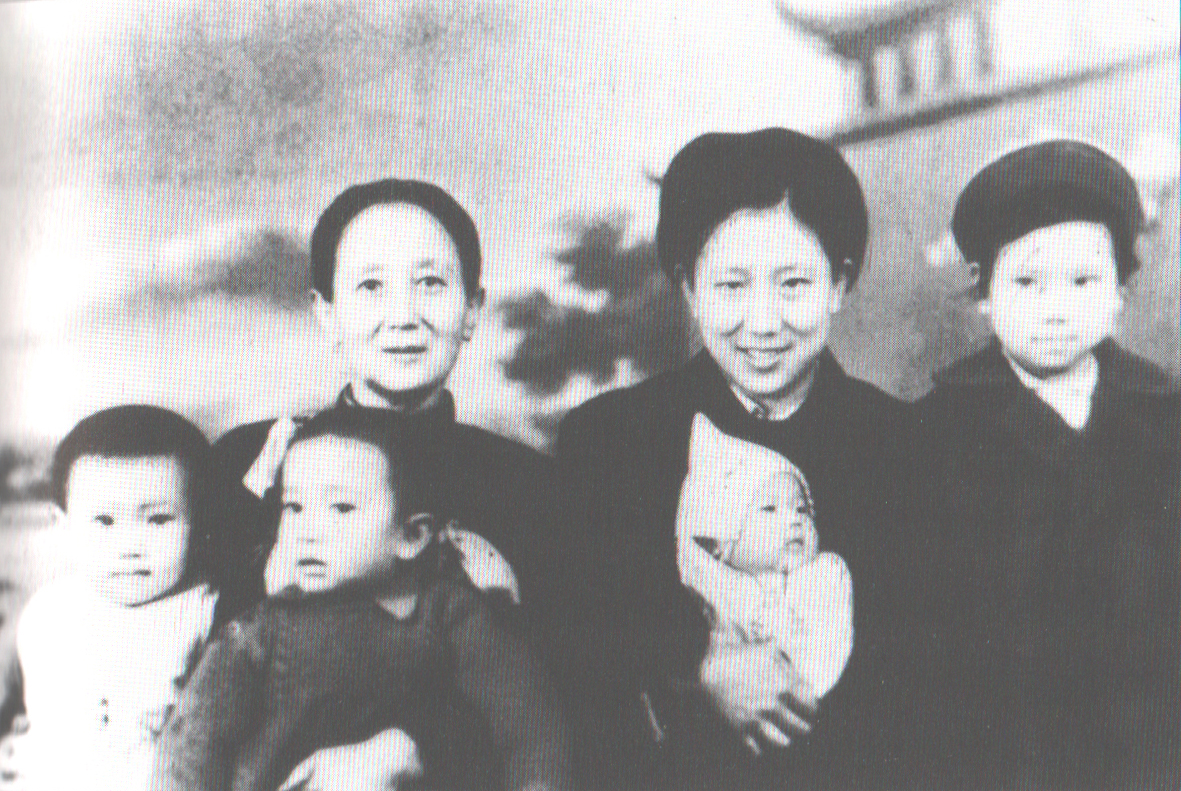
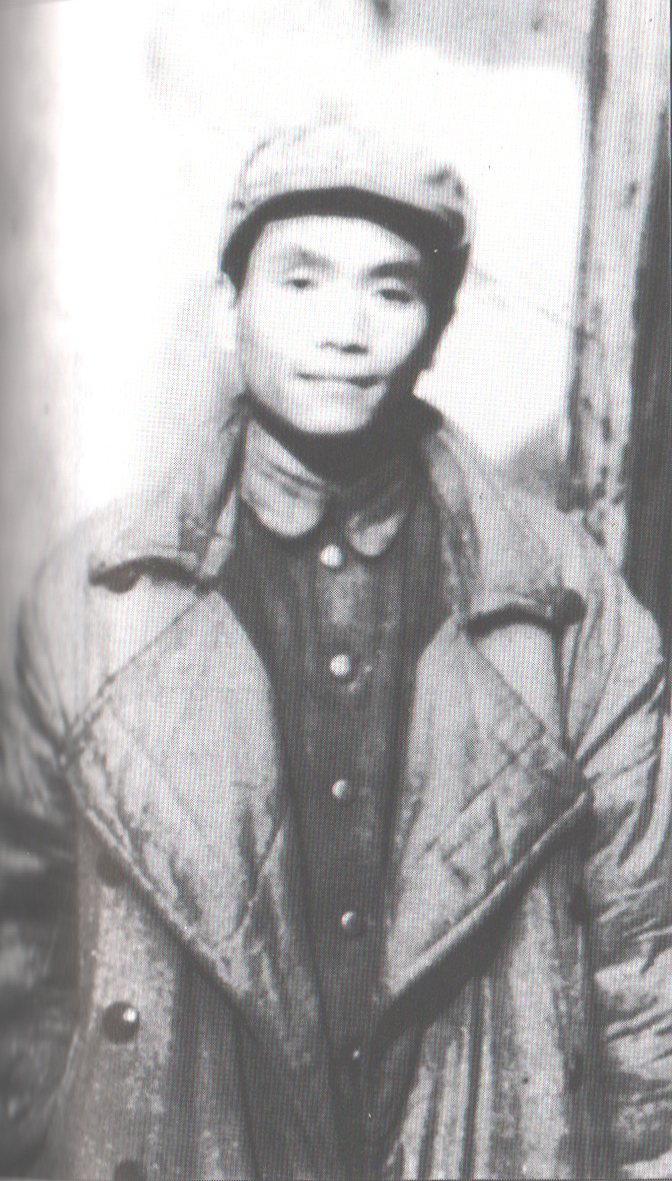

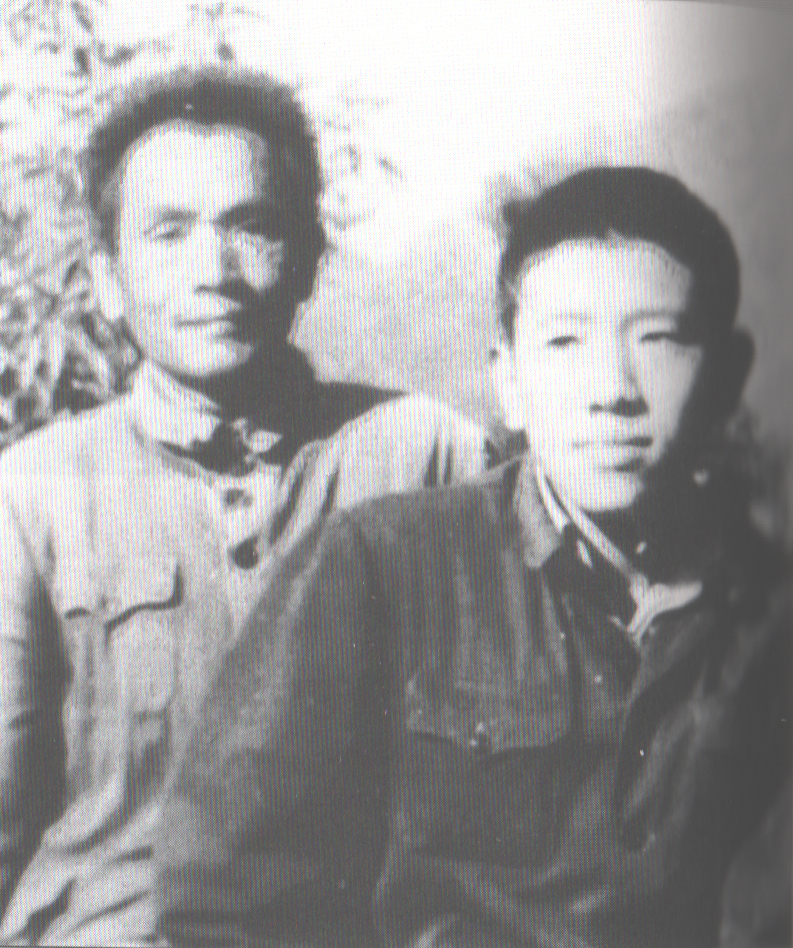
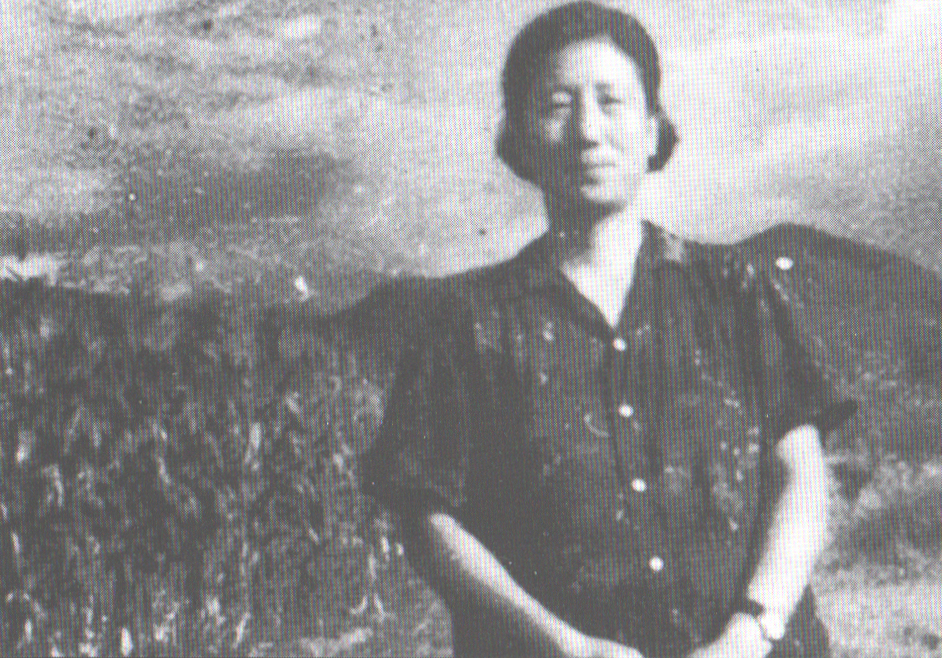
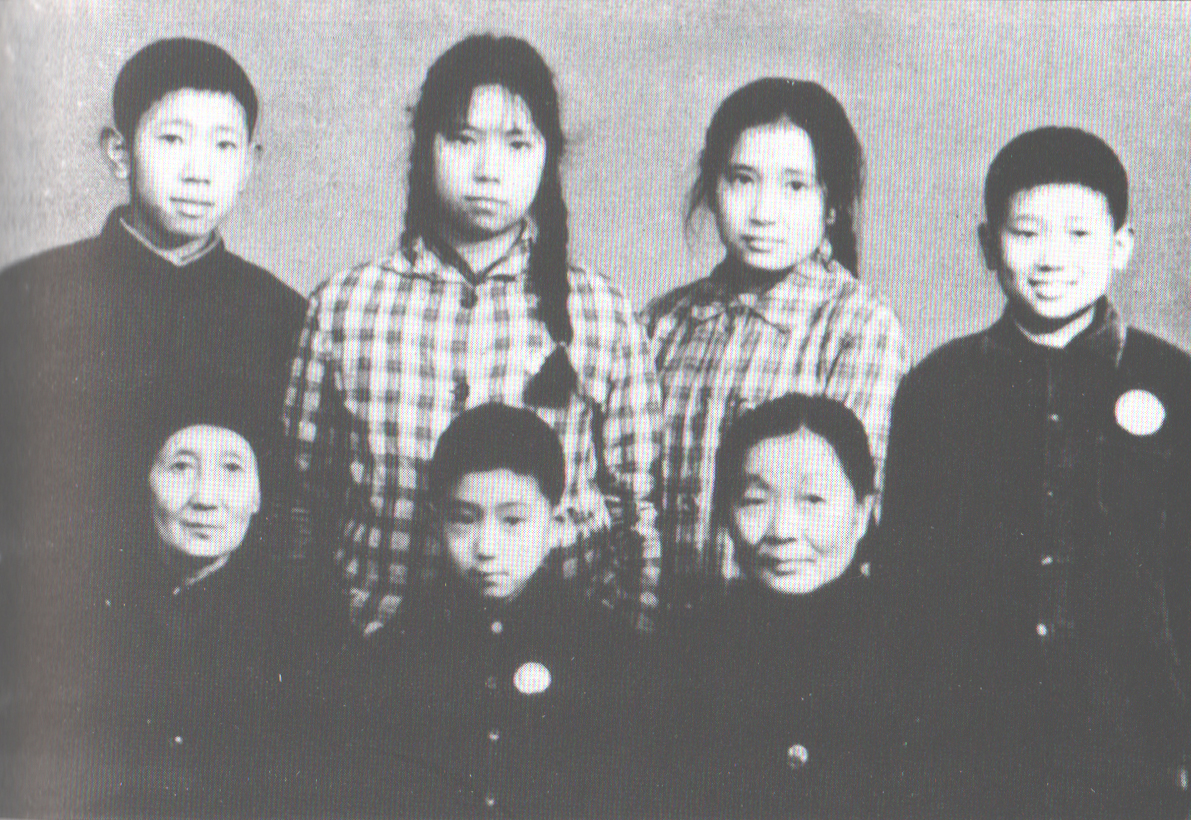
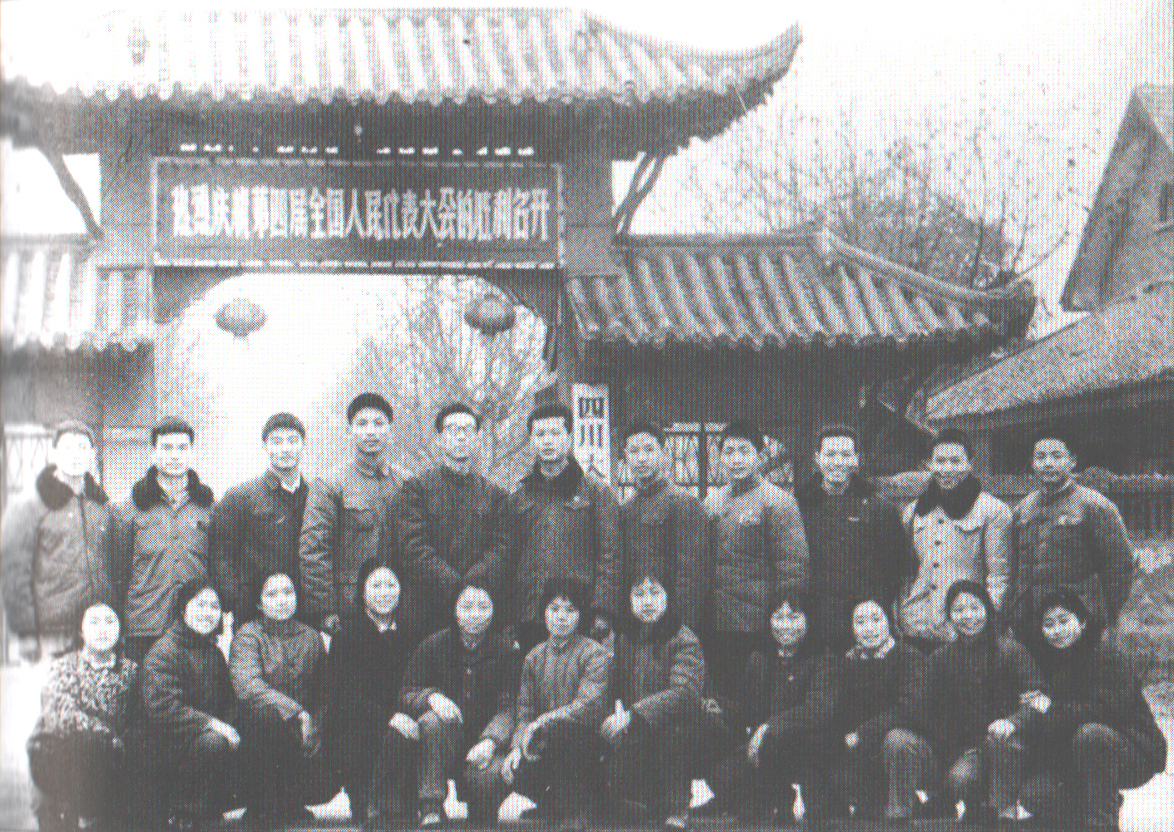

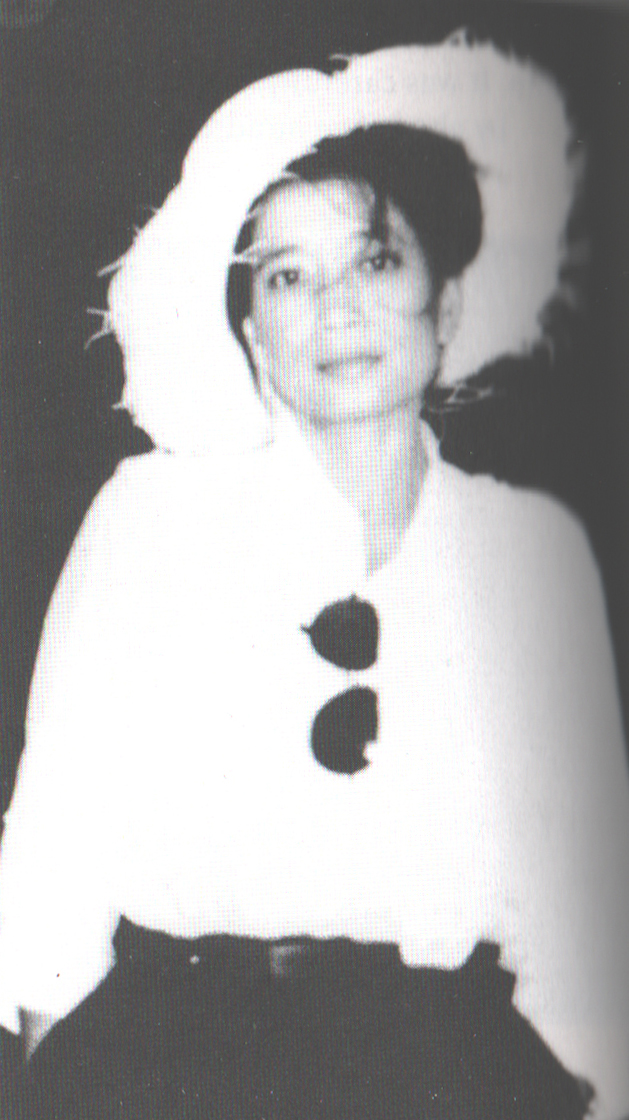
(1) Under Red Skies: Three Generations of Life, Loss, and Hope in China by Karoline Kan is another book I’d recommend. It follows a similar structure to Wild Swans, writing from the perspective of three generations; her grandmother, mother, and herself. Kan (b. 1989) is almost forty years younger than Chang (b. 1952), so Kan’s family’s story begins around the famine while Chang’s story predates the famine. It gives insights to the life of the generation after Chang’s.
(2) https://www.nybooks.com/daily/2018/02/05/who-killed-more-hitler-stalin-or-mao/
2019 FEB
Ms. Purple (2019)

Ms. Purple is a film about a sister and brother reconnecting and coming to terms with their father’s inevitable passing.
This film depicts a real and raw representation of a Korean-American family living in Los Angeles, California. Recent depictions of Asians in western media is most notable for Crazy Rich Asians. While it was a huge leap for representation, it leaves many perspectives out, which is not at the fault of its director, Jon M Chu. Asians are the most diverse minority group in North America with the most varying degrees of class, wealth, and circumstances for their immigration to the west. This is what makes Justin Chon’s work so significant. Along with his previous film, Gook, he brings attention to the Korean-American experience, specifically those who are low-income. This representation is important but it isn’t what drives the film. It is what gives the story and characters depth, placing them in a reality that is what many people across the country face. The story is ultimately human and could have been told in the perspective of any race, but Chon takes from his own life and experience– such as his upbringing in California as a Korean-American and his own relationship with his sister. A lot of my favourite moments from the film were from the dynamic relationship between Kasie and Carey. We get to see them laugh and bond, navigate difficult conversations and choices, reminisce, fight, cry and reconcile. I had to pause the film to laugh when Kasie came running into the kitchen to kick Carey in the face before asking him to go out for ice cream. A lot of these moments reminded me of my relationship with my cousin who I grew up with and who I see as a brother figure in my life.
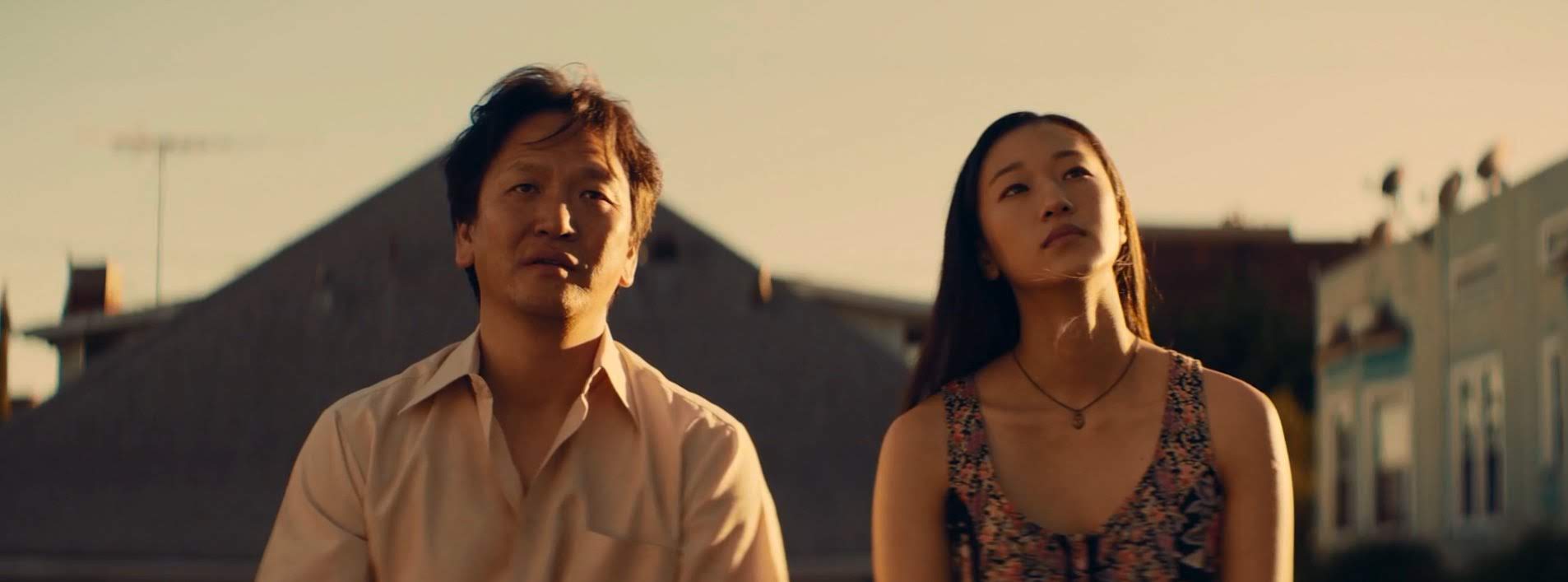
Like Kasie, I related to her sense of responsibility towards her father. Growing up as a CBC (Chinese-born-Canadian), I’ve always known the responsibility I will have to eventually face when my parents age. During the last few years before my grandmother passed in 2015, my father made the difficult choice of placing her in a elderly care home. But my father and mother always made the effort to visit her once a week, bringing her food and to spend a few hours with her. My father was never embarrassed, hesitant or ashamed to help bathe her, help her go to the washroom, feed her, or cut her nails. As a teenager at the time, I felt very uncomfortable to see my grandmother in that state but I’m glad I witnessed it. As an adult now, I know I will be able to do the same for my parents when the time comes. While the film is about both siblings, I felt more of a focus on Kasie as she was the one to carry the burden of caring for her father physically, emotionally and financially. Her life is dedicated to serving others, such as her father, the men at the karaoke bar, and the rich boyfriend. Slowly we see her come to terms with her father, letting go and taking control of her life. While the film leaves me feeling somber, I can only feel hopeful for Kasie. Even though her father may no longer be there physically, he will be there for her as a palm tree watching over her.

As a Kickstarter backer for Ms. Purple, I had the opportunity to have a conversation with one of the producers of Ms. Purple, Alex Chi. So at the end of January I hopped on a Facetime call with him and asked him a few questions (note: the questions and answers are paraphrases of our conversation, not direct quotes).
Q: How did Justin, Tiffany and Teddy prepare to shoot the emotional scenes?
A: Justin rehearsed intensively with Tiffany and Teddy for 5-6 weeks. Since they are newer talent, he wanted to make sure they had the right dynamic and emotion. When it came time for shooting they were well prepared and ready to perform. Justin also made the choice to shoot the film sequentially to make it easier for Tiffany and Teddy.
Q: How long did it take to shoot Ms. Purple? What was the production schedule like?
A: The movie took a total of 30 days to shoot. We shot six days a week, with one day off. Luckily Tiffany and Teddy’s schedules were pretty flexible so we were able to schedule more around the availability of set locations in Koreatown. With the house, we were able to negotiate with the owner to have it booked for two months, which was extremely convenient for us if any scheduling or weather problems came up, it was great to have the option to continue shooting at the house.
Q: Was Ms. Purple based on a true story?
A: The film came out of wanting to make something. Justin had just finished up Gook and wanted to continue practicing his writing. It’s not a true story but it is inspired by his own life. His own parents are divorced and he has a little sister who is quite different from him, which definitely influenced how he wrote the dynamic between Kasie and Carey.
Q: The film has a dream-like scene where Carey wakes up and walks to his father and it seems to insinuate him considering possibly killing him. What was the meaning of this scene? Was it a dream?
A: Justin and I edited this scene to have this feeling intentionally. It’s more left for interpretation though. We don’t want to tell the viewer everything and want it to be left for the viewer to decide.
Q: I feel like the film has more of a focus on Kasie, while we didn’t get to see more development/background on the other characters. Was this due to having a limited budget?
A: It was partially due to that, but enough is put out there to allow the viewer to fill in the blanks, rather than telling everything. One thing that we did add later on was the flashback scenes with Kasie and Carey as children. Those were all reshoots because we felt like it needed more history and background to connect back to the main story.
Q: How was shooting the scenes of Carey pushing the father in his bed around Koreatown? Did you get permits or did you guerilla shoot those?
A: Those were guerilla shoots! There were times when I was on hanging off the back of a U-Haul following Teddy trying to get the shot. There was an instance where the bed began rolling away and Teddy had to chase after James, luckily no one got hurt. The bed breaking was actually unintentional and happened during filming.

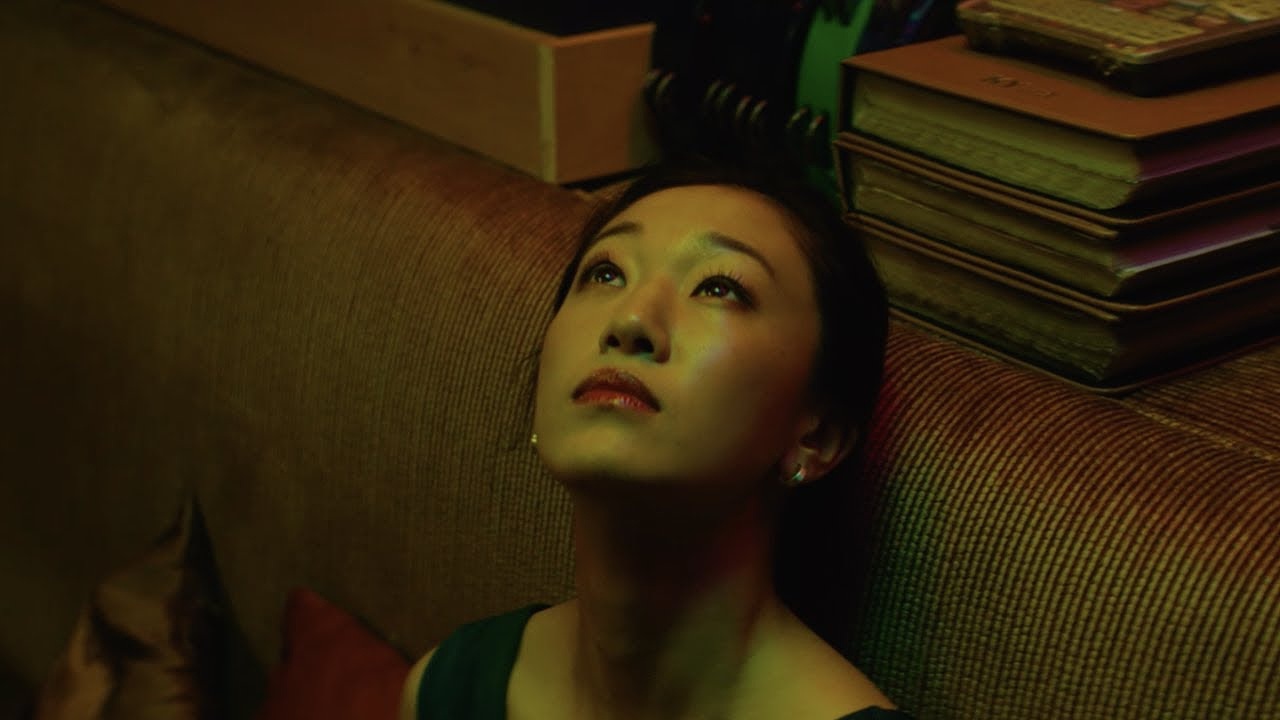


Thank you for taking the time for reading this and I hope you give Ms. Purple a watch because it is a beautiful, breathtaking, and heart wrenching film. Thanks Alex Chi for taking the time to speak with me and answering all my questions. Justin Chon is currently working on his next film Blue Bayou which will be coming out sometime in 2020!